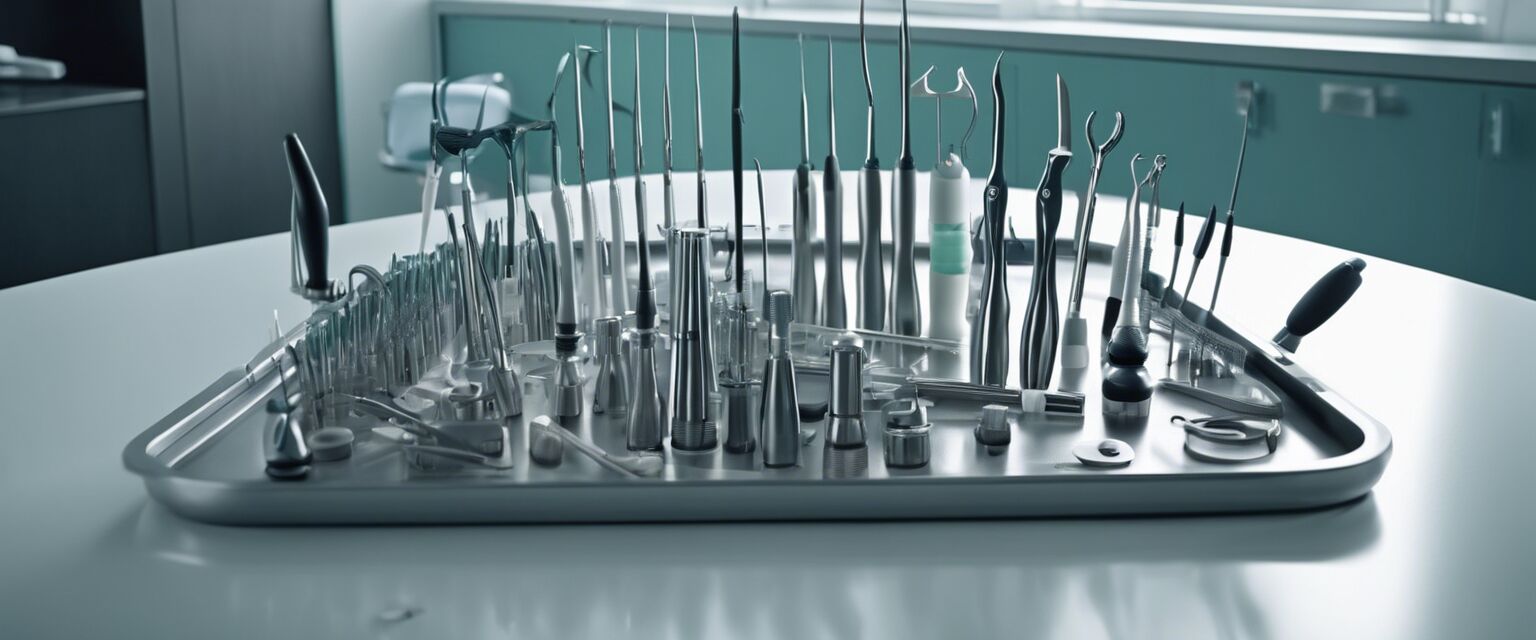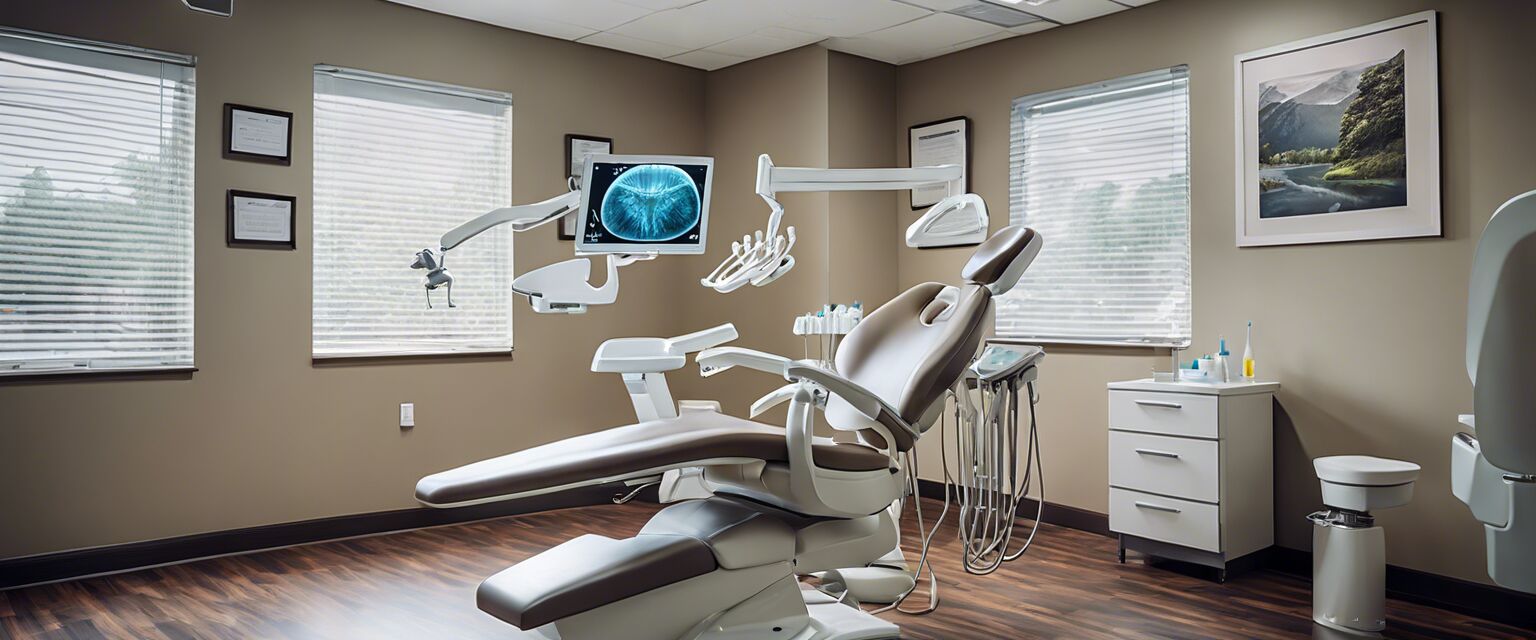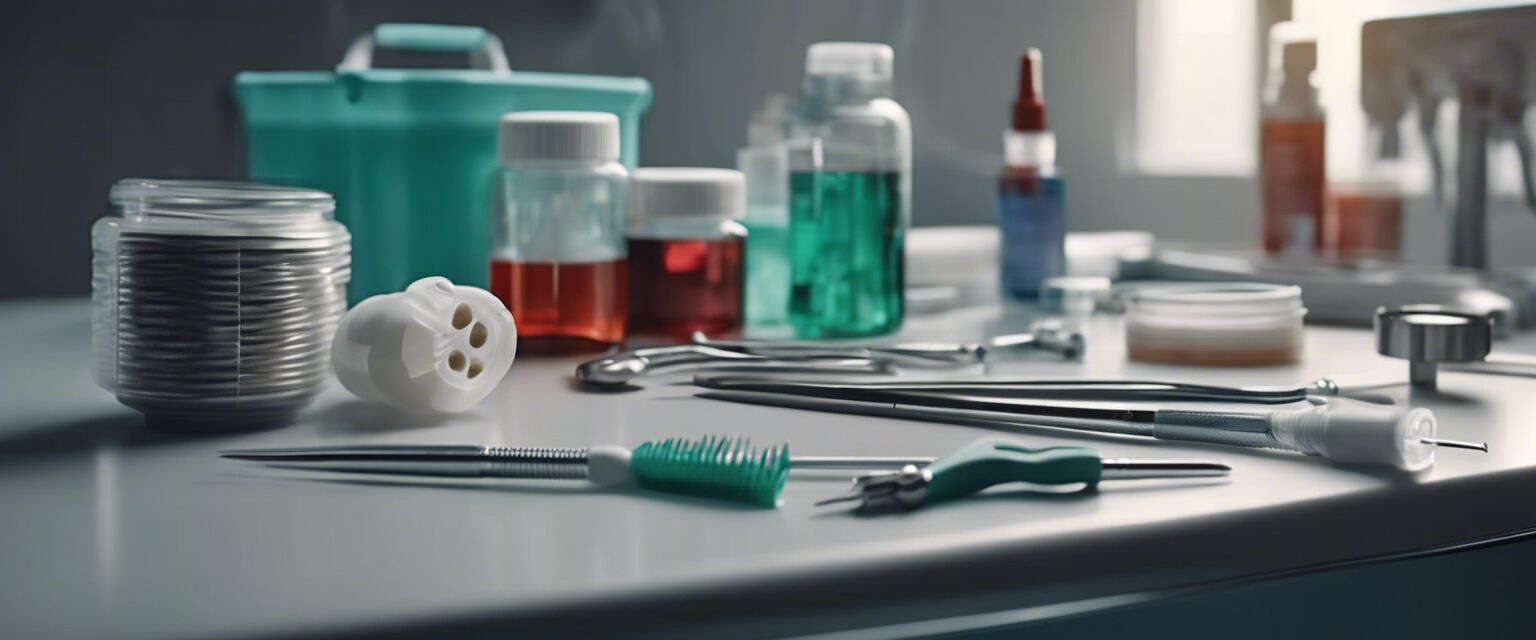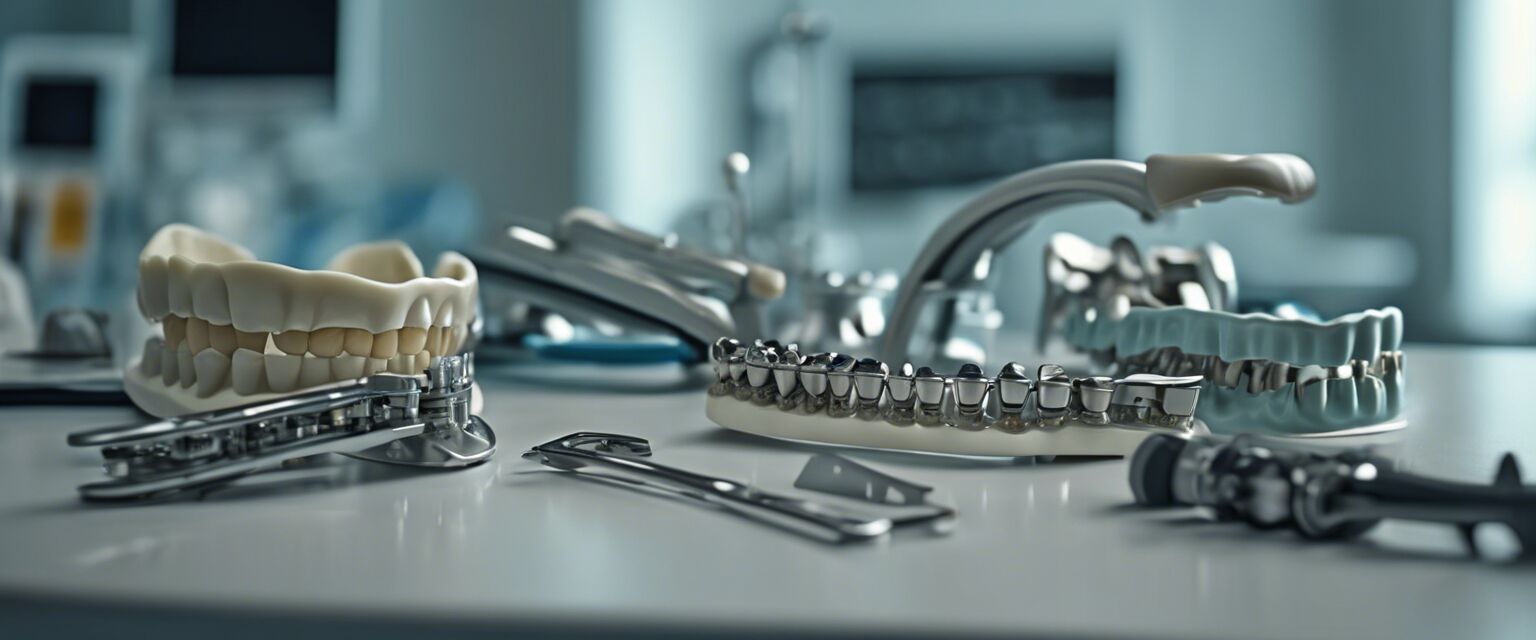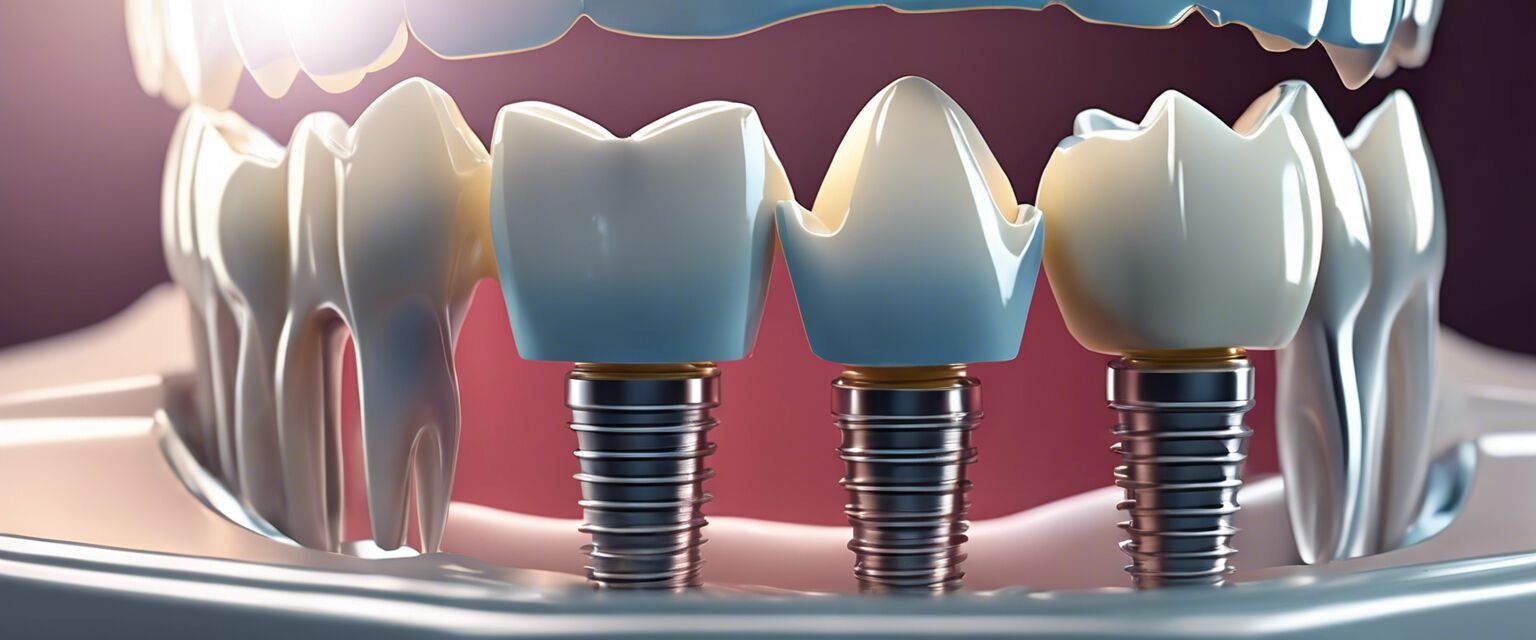
Oral Surgery
Key Takeaways
- Oral surgery includes a variety of procedures aimed at treating dental and jaw issues.
- Common procedures include tooth extractions, dental implants, and jaw surgery.
- Choosing the right oral surgeon is crucial for a successful outcome.
- Post-operative care plays a significant role in recovery.
Oral surgery encompasses various surgical procedures performed on the mouth, jaws, and related structures. Understanding these procedures can help patients make informed decisions about their dental health. In this article, we will explore common oral surgery procedures, the reasons for them, and what to expect during recovery.
What is oral surgery?
Oral surgery refers to surgical procedures performed in the oral cavity or jaw area. These procedures can be necessary due to various reasons such as injury, disease, or congenital conditions. Oral surgeons are specialists who have completed additional training beyond dental school to perform these complex surgeries.
Common oral surgery procedures
| Procedure | Description | Common Reasons |
|---|---|---|
| Tooth extraction | Removal of a tooth from its socket in the bone. | Severe decay, infection, or crowding. |
| Dental implants | Surgical placement of a metal post to support replacement teeth. | Missing teeth, improved chewing function. |
| Jaw surgery | Correction of jaw alignment and bite issues. | Jaw deformities, TMJ disorders. |
| Wisdom teeth removal | Extraction of third molars that can cause crowding. | Impaction, pain, or infection. |
| Bone grafting | Procedure to replace or augment bone in the jaw. | Preparation for implants, jawbone loss. |
Reasons for oral surgery
Patients may require oral surgery for various reasons, including:
- Dental trauma resulting from accidents or injuries
- Advanced periodontal disease
- Tooth decay that cannot be treated with fillings
- Alignment issues affecting chewing and speaking
Choosing the right oral surgeon
When selecting an oral surgeon, consider the following factors:
- Experience and qualifications
- Patient reviews and testimonials
- Facility accreditation and technology used
- Clear communication about procedures and costs
What to expect during the procedure
Before the surgery, your oral surgeon will provide detailed instructions, including:
- Pre-operative care
- Medications to take or avoid
- Arranging for transportation post-surgery
Post-operative care
Following oral surgery, proper care is essential for a smooth recovery. Here are some tips:
Post-operative care tips
- Follow your surgeon's instructions carefully.
- Use ice packs to reduce swelling.
- Stick to soft foods and avoid hard or crunchy items.
- Keep the surgical area clean to prevent infections.
- Attend follow-up appointments.
Conclusion
Oral surgery can be a critical component of maintaining and improving dental health. Understanding the procedures, reasons, and recovery steps can help patients feel more confident in their decisions. If you're considering any oral surgery procedures, consult with a qualified oral surgeon to discuss your options.
Pros
- Improved oral health and function
- Relief from pain and discomfort
- Enhanced aesthetics and confidence
Cons
- Potential for complications
- Recovery time may be lengthy
- Costs associated with the procedures
Related services
For more information about other dental services, check out our pages on:
Frequently Asked Questions
How long does recovery take after oral surgery?
Recovery time can vary based on the type of procedure, but most patients can expect to heal within a few days to a couple of weeks.
Are there risks involved with oral surgery?
As with any surgery, there are potential risks, including infection, bleeding, and complications related to anesthesia. Discuss these with your surgeon.
Can I eat after oral surgery?
Itâs essential to follow your surgeon's recommendations regarding diet. Generally, soft foods are advised in the initial days post-surgery.
